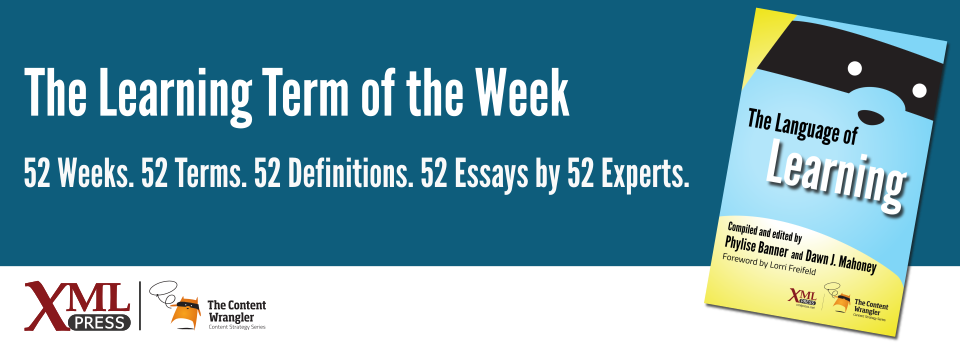What is it?
Digital teaching and learning materials that anyone can freely use for nearly any purpose. They are used as an alternative to college textbooks, which are often too expensive.
Why is it important?
Open educational resources (OER) provide a solution to expensive course materials, especially textbooks, which students often have trouble affording. They are typically licensed under a copyright license developed by
Why does a business professional need to know this?
The cost savings realized through open educational resources (OER) are easily understood, but the other benefits of OER are just beginning to have a transformative effect on instruction. Benefits include the following:
- Learners can access the content anywhere and anytime.
- OER supplements traditionally used textbooks and lectures
- Teachers can augment existing content with multimedia content or other formats that enhance the experience of learning
- It is easy and fast to update the curriculum
OER holds tremendous promise for businesses as well, as they begin to explore opportunities to upskill and reskill their employees through low- or no-cost educational resources and tools. The benefits listed above apply as much to business as they do to education. As organizations look for ways to improve educational offerings and develop new ones, OER can make it possible to offer broader, and more economical, choices for their employees.
Like the Massively Open Online Course (MOOC) phenomena, OER gives businesses opportunities to provide small, discrete upskilling opportunities or large-scale reskilling pathways at a fraction of the cost of traditional training. Additionally, the licensing flexibility of OER allows organizations to legally edit OER content or combine it with in-house content. (See also open access)
References
- (Sparks 2017) Open Educational Resources (OER): Overview and Definition: Sparks, Sarah D. (2017). Education Week.
- (Suny-OER) The SUNY OER Community Course Experience: State University of New York OER Services. A set of online courses that introduce open educational resources.
- (Hewlett) Open Education: William and Flora Hewlett Foundation. Defines open education and describes the foundation’s activities in that area.
- (Butcher 2015) A Basic guide to open educational resources (OER): Butcher, Neil, Asha Kanwar, Stamenda Uvalic-Trumbic. (2015). UNESDOC. Full text available at site.
- (OER Commons) OER Commons: OER Commons is a public digital library of open educational resources.

